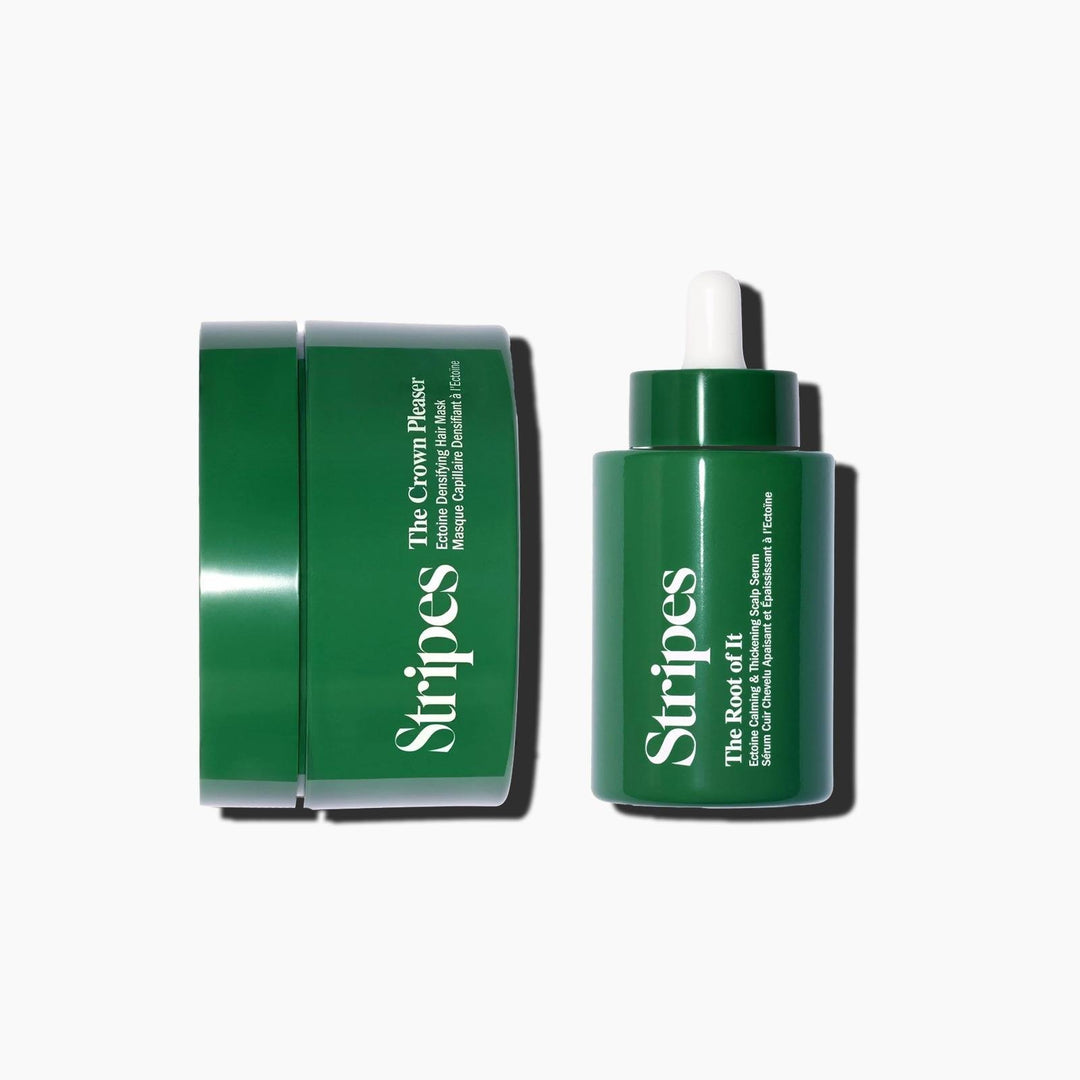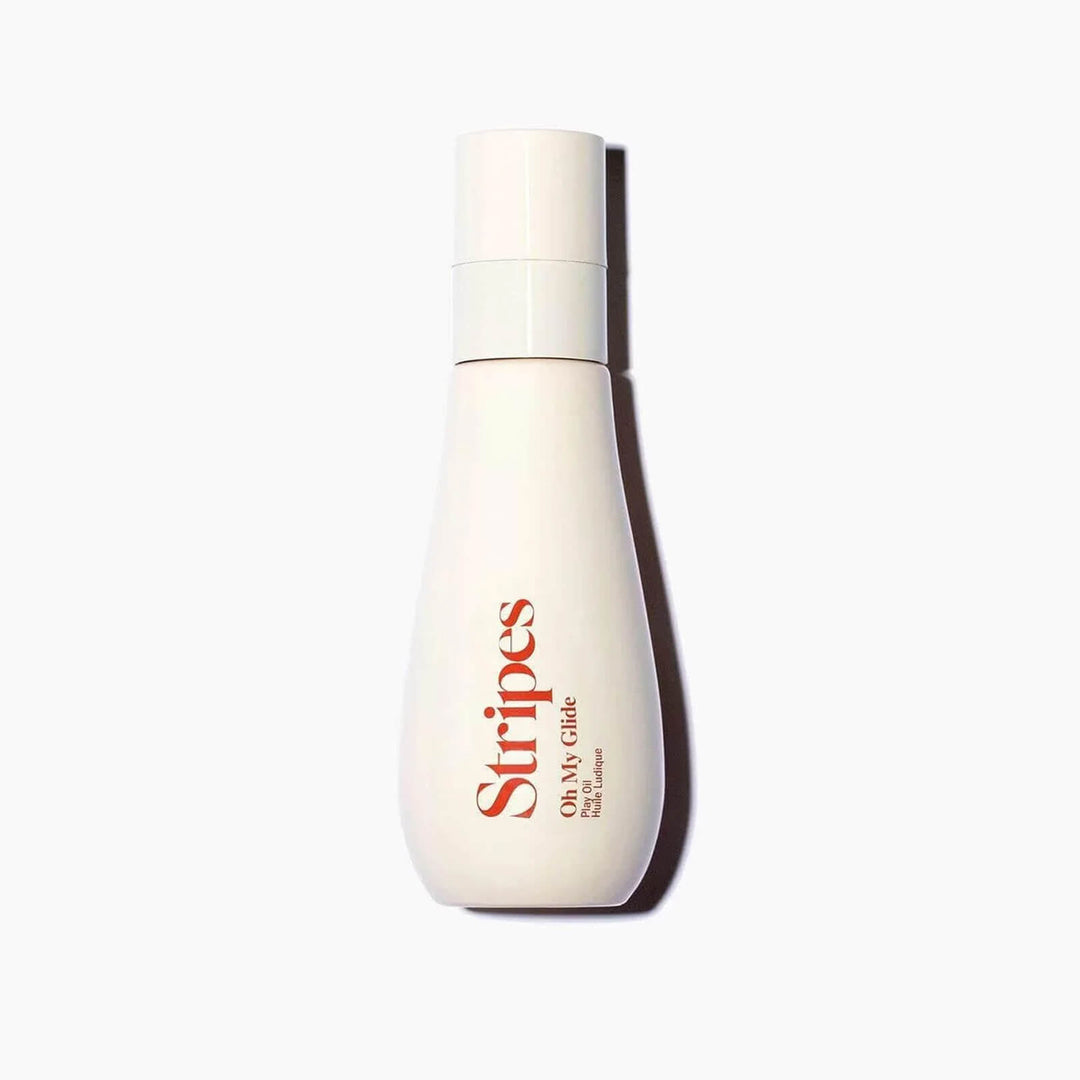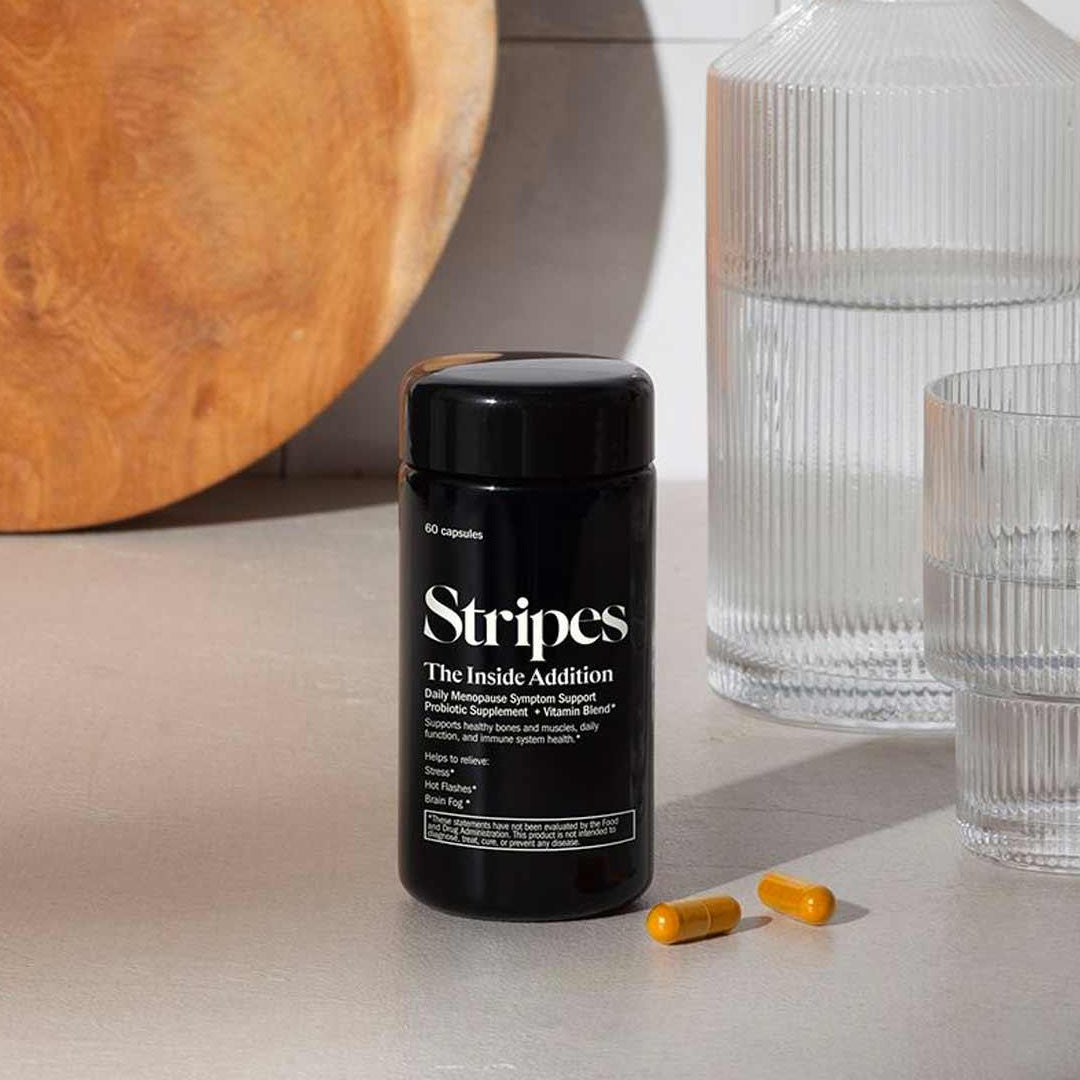Got a gut feeling that something has changed with your digestive health since entering into midlife? Your digestive system — from here on out, your gut — is something to pay attention to.
Indirectly, menopause can introduce a lot of stress and anxiety, which we all know can cause toilet troubles. The Big Estrogen Dip can also mess with your gut more directly. Studies have found that lower estrogen levels during and after menopause can alter the gut microbiome, basically throwing off the gut bacteria needed for healthy functioning.
In the short term, this can result in uncomfortable symptoms, like bellyaches, bloating, and decreased nutrient absorption. But over time, according to research, an unhealthy gut can increase body fat, slow the metabolism, and trigger insulin resistance, all of which relate to developing serious diseases.
The importance of proper gut health during menopause
Start by focusing on these simple ways to improve your gut health and keep it happy, healthy, and diverse.
Get more fiber for gut health
To be healthy and functional, your gut needs plenty of fiber. This essential nutrient is the part of a plant-based food source (i.e. fruits and vegetables) that can’t be broken down by the human stomach. Instead, bacteria break down fibers and feed off of them for nutrients. Think of fiber as fuel that energizes bacteria to absorb nutrients and send information to the brain.
Along with improving your gut health, fiber can reduce cholesterol levels (high cholesterol is a common feature of menopause) and promote healthier blood sugar levels (type 2 diabetes occurs more often in midlife). Luckily, it’s easy to add more fiber to your diet. Try consuming more:
- Berries
- Avocados
- Apples
- Bananas
- Brussels sprouts
- Broccoli
- Artichokes
- Black beans
- Lentils
- Kidney beans
- Quinoa
- Oats
Consider probiotics
Without a food source these bacteria can’t grow, but just because you’re feeding your gut bacteria fiber doesn’t mean you’re helping rebalance your gut microbiome.
There are a few thousand bacterial strains populating the stomach, and they all have to be balanced in order to work effectively. When certain strains of bacteria are higher than others, it can cause a bacterial buildup that impacts the health of the entire microbiome. Bad bacteria can also enter your gut and disrupt your gut microbiome’s health. Fermented foods are also great for gut health.
If you’re approaching menopause, consider adding probiotic-rich foods like these to your routine:
- Yogurt
- Kimchi
- Miso
- Kefir
- Sauerkraut
- Tempeh
- Kombucha
- Gouda or mozzarella cheese
Add in some soy
Ever hear that soy can mimic estrogen? Isoflavonoids are an estrogen-like compound found in soy foods, and some research indicates that consuming soy during menopause can be helpful in promoting the growth of healthy bacteria and even fending off disease and weight gain. Tofu, soybeans, and soy milk are all great options.
Pay attention to your body
We can go through our entire lives enjoying ice cream and bread and suddenly, wheat and dairy become our enemy. Pay attention to the foods that seem to be adversely affecting your digestion and tweak accordingly. If certain foods are suddenly causing you to feel rotten, your doctor can help you figure out if you've developed allergies or intolerances.
“For gut health, focus on additions and what you can have,” says Willow Jarosh, a New York–based nutritionist. “Include carbs and fiber with your meal when you can, for example, and add in fermented foods if you enjoy them.”
Populating your gut with the right amount of good bacteria can help you regain the balance you need to function properly. A fiber-rich diet helps feed gut bacteria with the nutrients they need to stay at healthy levels.
When should I talk to my doctor about gut health?
If your belly is seriously bloated and you're experiencing back pain, fatigue, a fullness when eating or changes to your bowel and urinary habits, it's a good idea to have a check-in with your doctor, says Lizellen La Follette, a board certified OB-GYN based in Marin County, California.
"The number one symptom of ovarian cancer is bloating to the point that you can’t fasten your pants," she said.
While good gut health probably won’t solve all your (peri)menopause woes, it’s a relatively easy way to improve your well-being now and down the road.














